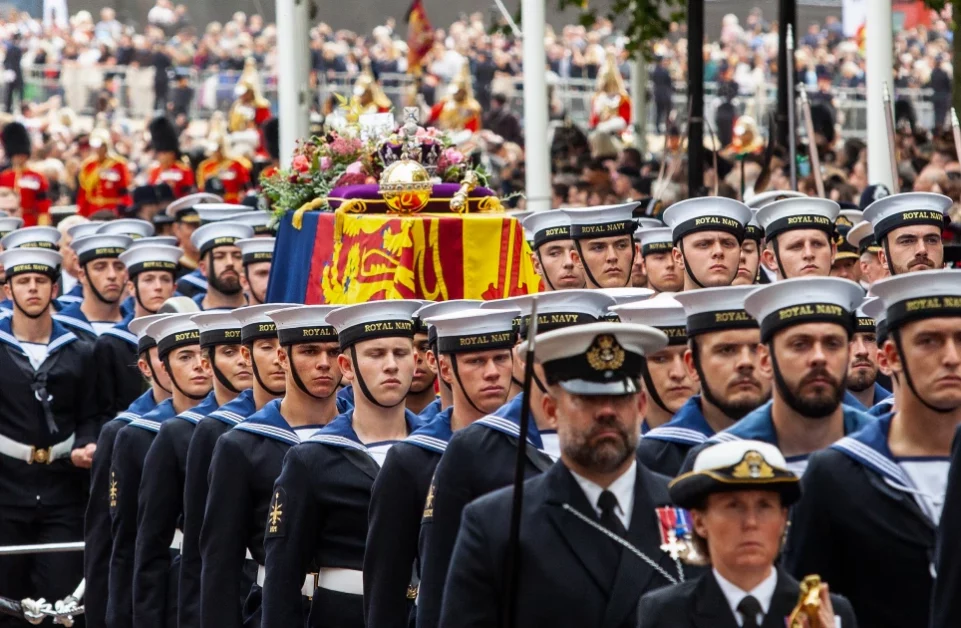The Queen’s final journey, marks the end of 20th century, after a 70-year reign that saw the trail of World War II, the Cold War, and evolution of Technology.
Queen Elizabeth II’s send off took place on September 19, 2022, as her body is laid to rest in Windsor Castle after the State Funeral Service, marking an end of the 20th Century where she was a monumental figure despite having few Monarchial roles.
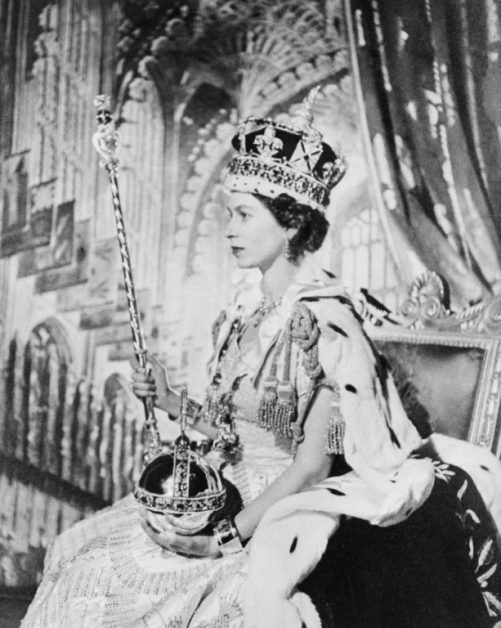
The first prime minister she worked with was Winston Churchill, an all-time war leader, Elizabeth met the first man in space Yuri Gagarin, and made landmark visits to newly independent nations as the British Empire fell apart.
Her demise at the age of 96 was even more symbolic coming just over a week after the passing of former Soviet leader Mikhail Gorbachev, 91, another among the few surviving icons of the last century, who saw the USSR dissolve and eastern Europe escape Moscow’s grip.
The queen’s death happens as the world is recovering from the Covid-19 pandemic and is still taken aback by Russia’s invasion of Ukraine, which has resurfaced fears of nuclear war and facing climate change which amounts to wrecking the hopes of this and future generations.
“These were central figures whose like we will be hard-pressed to see again,” said Gilles Gressani, director of the French geopolitical journal Le Grand Continent.
“We are living in an interregnum, a space between two reigns, two eras,” he added.
“We often have this angst and anxiety; we know well that the world is changing because of the pandemic, the war in Ukraine, terrorism, economic crises, and the climate crisis.”
Losing the threads
Queen Elizabeth was laid to rest Monday alongside her father, King George VI, and other family members at Windsor Castle outside London, after a state funeral attended by world leaders in the heart of the British capital.
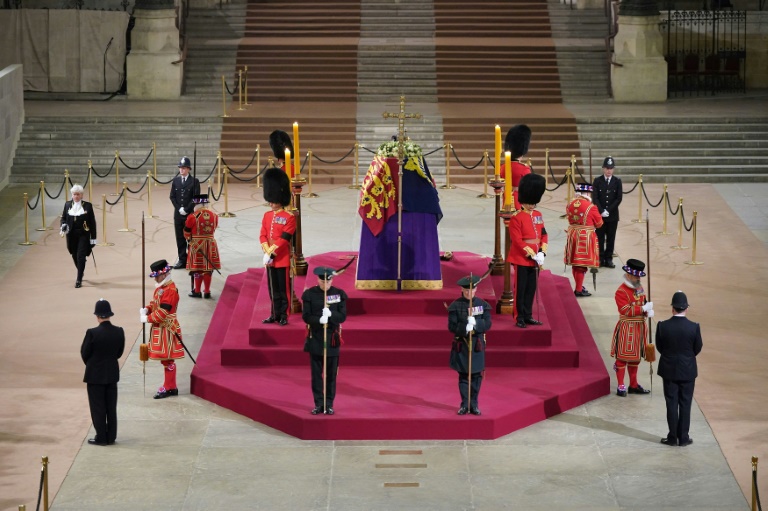
Moderately, the 20th Century Icons are leaving as the world is losing the threads that still tied it to the 20th century.
Other great cultural giants who have taken their leave include, Jean-Luc Godard, one of the most influential filmmakers of the 20th century and the father of the French New Wave, who died last week by assisted suicide.
Nelson Mandela, the African legendary leader who campaigned to end apartheid in South Africa and then became its first majority-rule president, died in 2013.
As the Cuban revolutionary leader Fidel Castro, who led his country for half a century and was an icon of the Cold War, died in 2016.
Jimmy Carter, 97, is the sole former US president still alive to have ruled exclusively in the 20th century, during a convulsive single mandate that led to the ousting of the Shah in the Islamic revolution in Iran.
His successors Ronald Reagan and George H.W. Bush died in 2004 and 2018 respectively.
14th Dalai Lama, the Tibetans spiritual leader based in exile in India since 1951, when a Tibetan uprising against Chinese rule failed, is 87 and still working.
And Iran’s supreme leader Ayatollah Ali Khamenei, 83, who in 1989 took over after the death of revolutionary leader Ayatollah Ruhollah Khomeini, remains in a post that is appointed for life.
End of World War II
Most of the greatest retained legends of the 20th century are cultural.
Mick Jagger, 79, Rolling Stones leader singer, still performs with his group, as Beatles icon Paul McCartney, 80, continues with an illustrious solo career that included a euphoric received set at the Glastonbury Festival this year.
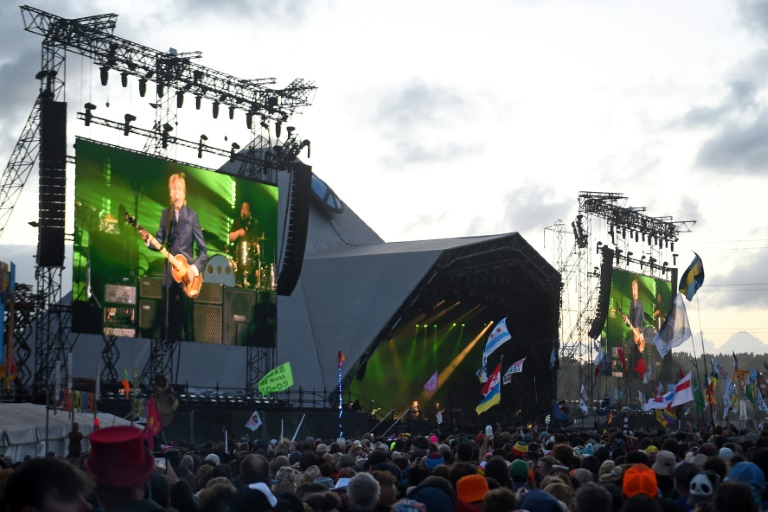
The queen remains a significant symbol of a shift to modernity, with her crowning in 1953 making the first major event televised around the world, and her first televised Christmas message in 1957 blazing a trail for other world leaders.
Even so, the death of Queen Elizabeth marks a major breach within the memory of World War II, a conflict that her father King George VI endured along with his daughters and other Londoners in bomb-scarred London.
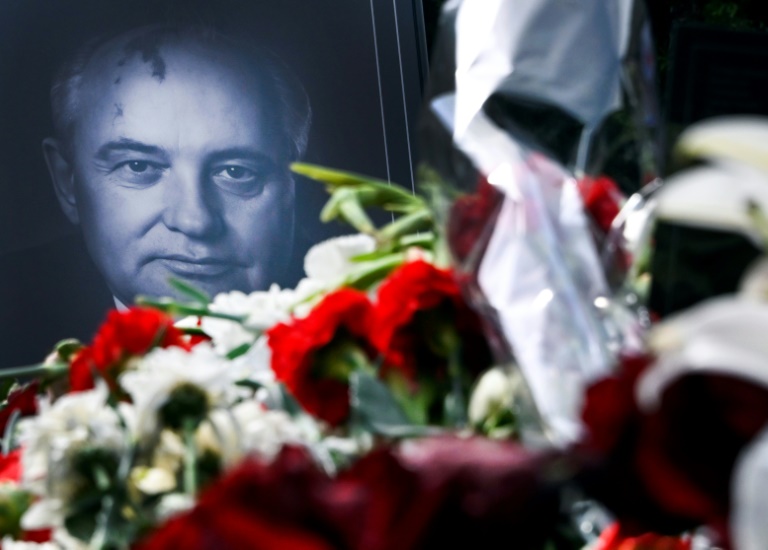
“The queen participated directly in the victory of 1945. Being one of the victors of 1945 left a strong mark on the identity of the United Kingdom and the queen embodied that until her death,” said Thomas Gomart, director of the French Institute of International Relations (IFRI).
Subscribe to our You Tube channel at Switch TV.
“For me, the death of Elizabeth II, in a way, marks an endpoint for World War II,” he said.


